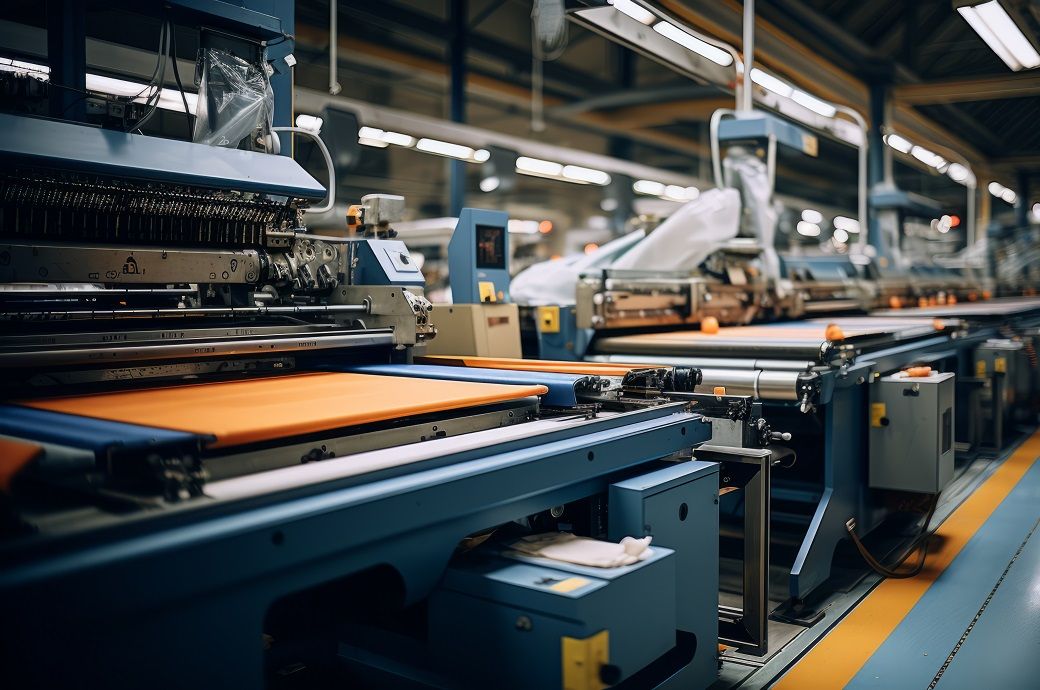
Firms reported an increase in employment for the ninth time in ten months, reversing the slight fall seen in November, and the strongest since April.
The level of outstanding business continued to decline sharply in the absence of new order growth.
Input price inflation strengthened to reach a four-month high as higher raw material prices and exchange rate weakness was sustained. In turn, prices charged rose at the steepest rate since July.
The headline au Jibun Bank Japan manufacturing purchasing managers’ index (PMI)—a composite single-figure indicator of manufacturing performance—recorded 49.6 in December—up from 49 in November and indicative of a slight contraction in the health of the Japanese manufacturing sector that was the softest for three months.
Latest data showed there was a softer decrease in output at the end of the year. The rate of decline was only marginal, and eased from that seen in the month prior.
Japanese firms signalled often that muted demand was behind the latest contraction, though there were some mentions of the introduction of new products. Manufacturers also indicated a softer preference for the use of existing inventories, as the rate of depletion of finished item holdings was only fractional, a release from S&P Global Ratings said.
New order volumes reportedly moved closer to stabilisation during December, as the rate of reduction eased to the softest for six months. At the same time, new export demand remained muted amid evidence of low demand from key markets, most notably China and the United States.
Against the backdrop of softer moderations in output and demand, employment growth resumed, reversing the marginal reduction from November. The rate of job creation was modest, yet reached the highest recorded since April.
Japanese manufacturing companies noted that input price inflation picked up at the end of 2024. Input prices rose to the steepest degree since August, with the weak yen and higher raw material and labour costs cited as key sources of inflation.
Firms responded by raising their own charges, and at the strongest rate for five months. Despite the improving picture for production, purchasing activity was lowered for the third month in a row and at a moderate pace.
Meanwhile, stocks of purchases were also depleted for the third month running and to the greatest extent since January 2021 as firms opted to use existing stocks of inputs to complete production.
Confidence in the future remained positive in December. Firms were hopeful that the mass production of newly-launched products and business expansion plans formed the basis of positive sentiment.
ALCHEMPro News Desk (DS)
Receive daily prices and market insights straight to your inbox. Subscribe to AlchemPro Weekly!